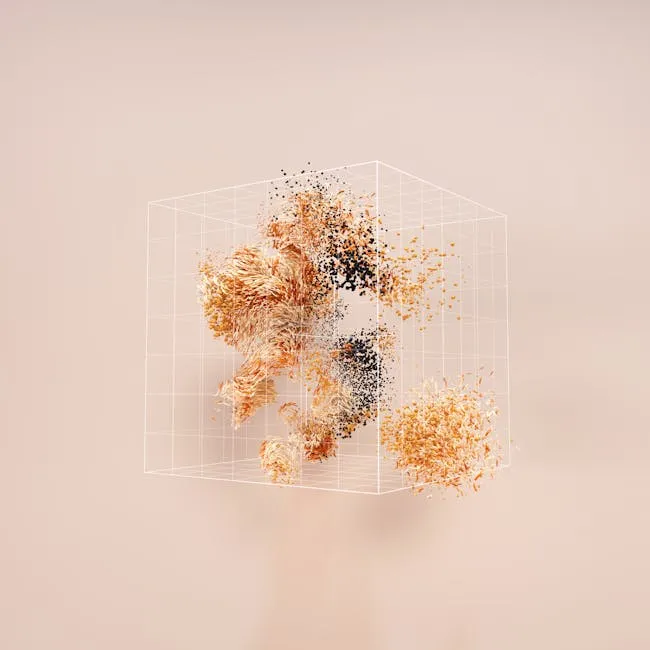
Introduction
The Near Foundation is embarking on an innovative journey to enhance governance in decentralized autonomous organizations (DAOs) by introducing an AI-driven ‘digital twin’ system for voting. This initiative promises to streamline decision-making processes within DAOs, leveraging artificial intelligence to create more efficient and representative governance structures.
Understanding the AI Digital Twin Concept
The concept of a digital twin involves creating a virtual representation of a physical entity—in this case, DAO members. Near Foundation’s approach will roll out in phases, starting with models that resemble chatbots. These early versions will serve as introductory tools, allowing members to interact and engage with the system in a more familiar format.
Phased Rollout of AI Delegates
The phased rollout is designed to progressively enhance the functionality and sophistication of the AI delegates:
- Phase 1: Initial models will function similarly to chatbots, enabling basic interactions and facilitating discussions among members.
- Phase 2: The second iteration will introduce models that represent larger groups within the DAO, allowing for broader engagement and collective decision-making.
- Phase 3: The final phase will see the deployment of AI models that represent each individual DAO member, creating a highly personalized governance experience.
The Impact on DAO Governance
By implementing AI digital twins, the Near Foundation aims to address some of the common challenges faced in DAO governance, such as low participation rates and difficulty in reaching consensus. The AI delegates will not only enhance engagement but also provide insightful data analytics that can inform decisions and strategies.
Benefits of AI in Governance
The use of AI in governance comes with several key benefits:
- Increased Efficiency: AI can process vast amounts of information quickly, allowing for faster decision-making.
- Enhanced Participation: By making voting more accessible and engaging, AI can encourage more members to take part in governance processes.
- Data-Driven Insights: AI can analyze trends and sentiments within the community, providing valuable insights for future initiatives.
Conclusion
The Near Foundation’s initiative to create an AI digital twin for governance votes represents a significant step forward in the evolution of DAO governance. As the project progresses through its phased rollout, it has the potential to transform how decisions are made in decentralized organizations, making them more inclusive, efficient, and data-driven. This innovative approach could very well set a precedent for future governance models within the blockchain ecosystem.



